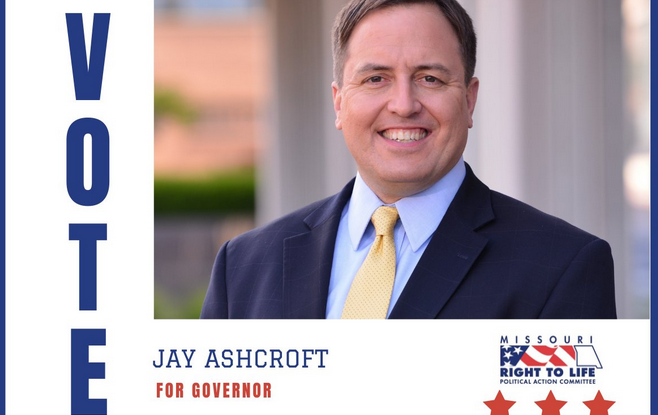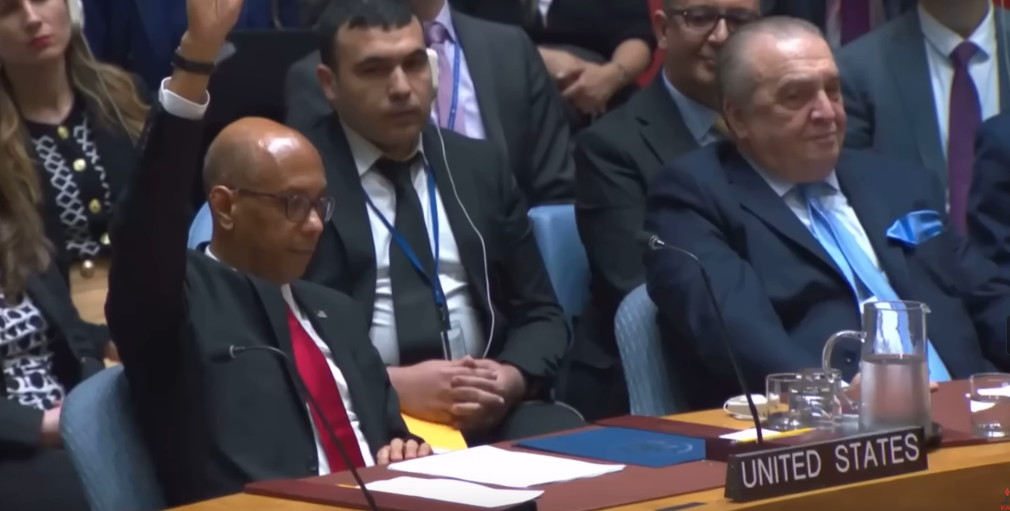Obama emphasized the need for Africans themselves to take charge of Africa, and his desire to reconfigure America’s approach to Africa. These lofty and laudable goals face stiff challenges. After all, murder and mayhem are good for business. So, too, is a lack of conscience.
[Truth Will Set Us Free: Commentary]
During Recession, Murder And Mayhem Are Especially Lucrative Businesses
Where does a discredited senior United States diplomat go after government “service” for extra cash?
Why to the same African leaders whom she dealt with of course.
These are supposed to be bad days for African dictators. The new mantra in Washington D.C. is supposedly: “The days of the Big Man are over; democracy must prevail.”
But some African strongmen and their hatchet men have realized that they have a fighting chance of clinging on to power, by simply spending billions of foreign tax payers’ money intended to assist their economies, on public relations mercenaries.
These mercenaries, rather then firing bullets like those marauders through Congo in the 1960s, fire lethal words of deception; on behalf of the heaviest bidder. So dictators use scarce state resources to hire the services of the best lobbyists money can buy in influential Western capitals.
These hired-hands –lobbyists and PR agents– make their fortunes by burnishing the images of these dictatorships and advancing their undemocratic interests against those of their own countries.
One wonders which is worse; the dictators or their foreign apologists?
Jendayi Frazer, Assistant Secretary of State for African Affairs under President George W. Bush, has become a consummate PR mercenary on behalf of the autocratic regime of Yoweri K. Museveni of Uganda.
On August 25, she published an Op-Ed apologia for dictatorship in the The Wall Street Journal. “Four Ways to Help Africa,” she proclaimed. The headline could not have been more false; unless it was meant as a parody. She claimed President Obama’s White House needed to move beyond rhetoric and to deepen Washington’s engagement with African leaders.
Now this in itself is not a problem.
“U.S. policy in Africa is not about love,” Frazer declared. “It’s about advancing America’s core interests: promoting economic growth and development, combating terrorism, and fostering well-governed, stable countries.”
“Mr. Obama needs to spend more time meeting and engaging African leaders to address the continent’s challenges,” she added, and also wrote: “Now Mr. Obama needs to galvanise U.S. efforts to end the militia violence of Rwandan and Ugandan rebel groups still operating in the Congo.”
She also claimed President Bush had helped reduce “interstate wars” between Uganda, Rwanda and DRC by holding bilateral and tri-lateral meetings.
This observation was just thrown out there as if there were no clear aggressors in the conflict, when in fact the Democratic Republic of Congo has been the victim of a war of aggression by both Uganda and Rwanda.
In fact, in 2005, the International Court of Justice found Uganda liable for the destruction and massive loss of life as a result of the war of aggression and assessed $10 billion as compensation to the DRC.
http://www.icj-cij.org/docket/files/116/10455.pdf
None of this is mentioned in Frazer’s apologia.
Instead, the bias is clear as when she added, in terms of advice for President Obama: “Hold a summit at the White House with the presidents of the Democratic Republic of the Congo, Rwanda and Uganda. Mr. Obama needs to spend more time meeting and engaging African leaders to address the continent’s challenges.”
Why would President Obama, who during his Accra Speech denounced tyranny and dictators who remove term limits –as did Museveni— want to host Uganda’s ruler in the White House and give him a stamp of approval?
Does Frazer have an agenda? Does she have a vested interest?
Of course. Since penning the apologia, she has officially come on board as a strategic advisor with the lobbying firm Whitaker Group, operated by Rosa Whitaker one of Museveni’s biggest cheerleader in the world. Whitaker is said to have signed a $1 million deal to beautify the Uganda regime—foreign taxpayer money that could buy medicines for some empty hospital shelves in Uganda.
Maybe Frazer and the Ugandan ruler have much in common. The US State Department’s Bureau of African Affairs Report, released in August 2009 by the Department’s Office of the Inspector General cited incompetence and mismanagement as one of the many problems that plagued that office during Frazer’s watch.
http://oig.state.gov/documents/organization/127270.pdf
Frazer is now also a professor at Carnegie Mellon University. To think that the outlook of America’s future policy makers is being shaped by Frazer is saddening. She epitomized the general sheer incompetence of the Bush Administration.
How can she discuss U.S. foreign policy in Africa and fail to mention the tectonic shift in policy emphasis after 9/11, from focus on “promotion of democracy” towards focus on the “war on terrorism,” which allowed the U.S. to embrace unsavory leaders in Africa?
This is what ultimately derailed Africa’s move towards eradicating dictatorships. It’s also why an estimated 5.7 million people perished in Eastern DRC; an estimated 350,000 perished in Darfur; and, over 600,000 perished in northern Uganda. Constitutions are changed and elections rigged at will.
All in the name of the “war on terrorism.”
Indeed the only serious chance that the region ever had of ending war with the Lord’s Resistance Army (LRA) was destroyed by Frazer. This was disclosed in an interview given to Aljazeera recently by the Vice-President of Southern Sudan, Dr. Riek Machar, who said that “Museveni and Kabila were pressurized into Operation Lightning Thunder by the US through Frazer Jendayi.”
At the time there was still hope that the LRA leader Joseph Kony could be persuaded into signing a comprehensive Peace Agreement with the Uganda government. All hope was dashed when the Uganda army launched a failed military attack on Kony’s position in Congo with U.S. technical military assistance, in the waning days of the Bush government.
The hallmark of Bush’s presidency was disdain for technocratic competence and prudence.
President Obama on the other hand, is characterized above all by disciplined intelligence. From his painstaking organization during the presidential primaries, to his election and management of highly capable subordinates, to his sobriety and judiciousness throughout, he displayed precisely the qualities the Bush administration had lacked.
More than any other American president, Obama knows more about Africa than what the Frazers of the world pretend to know.
During his Ghana Africa Policy speech, President Obama pledged support for those African countries that showed commitment to the rule of law and democratic practice.
He said countries that demonstrated the fundamentals of good governance – defined in the policy as stability and leadership accountability — would also be supported by the US government.
African governments that are successful in these directions will be supported with better trade opportunities, given help in strengthening their internal development capacity and engaged in stronger bilateral and multilateral relations.
Obama emphasized the need for Africans themselves to take charge of Africa, and his desire to reconfigure America’s approach to Africa, changing it from that of a “patron” to a partner.
These lofty and laudable goals face stiff challenges. After all, murder and mayhem are good for business. So, too, is a lack of conscience.
Ask Jendayi Frazer.
Olara is a human rights advocate. [email protected]
Please post your comments directly or submit them to [email protected]
“Speaking Truth To Empower.”











